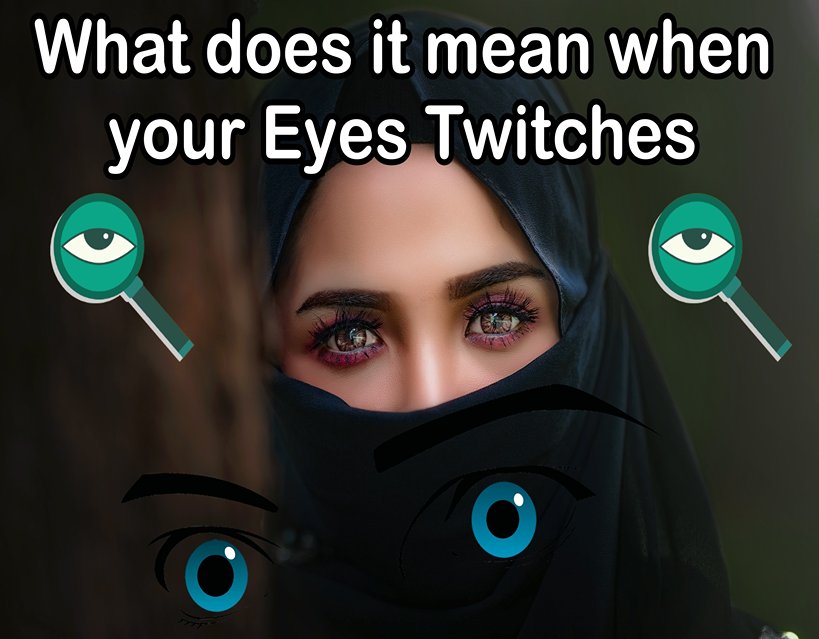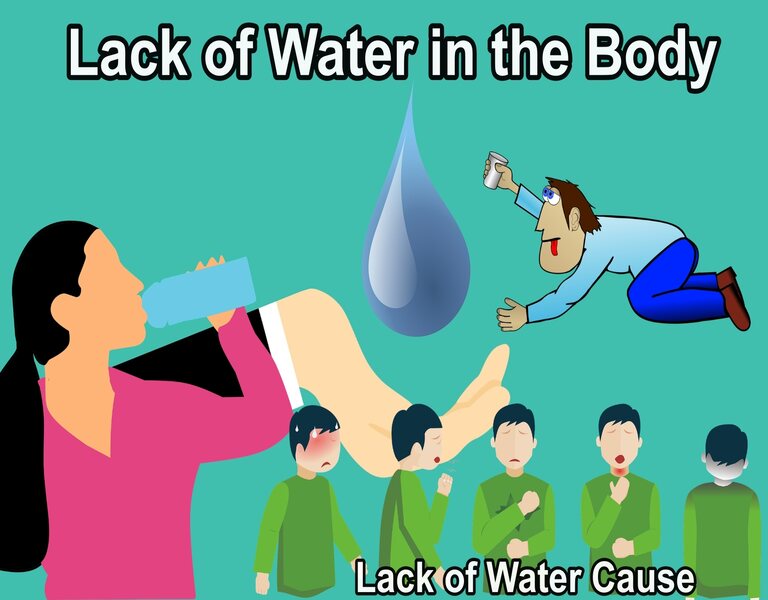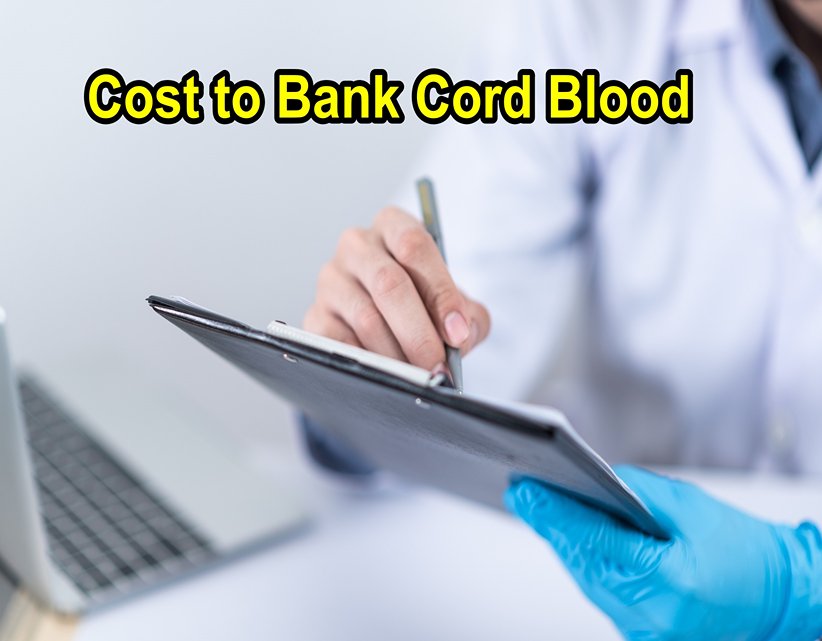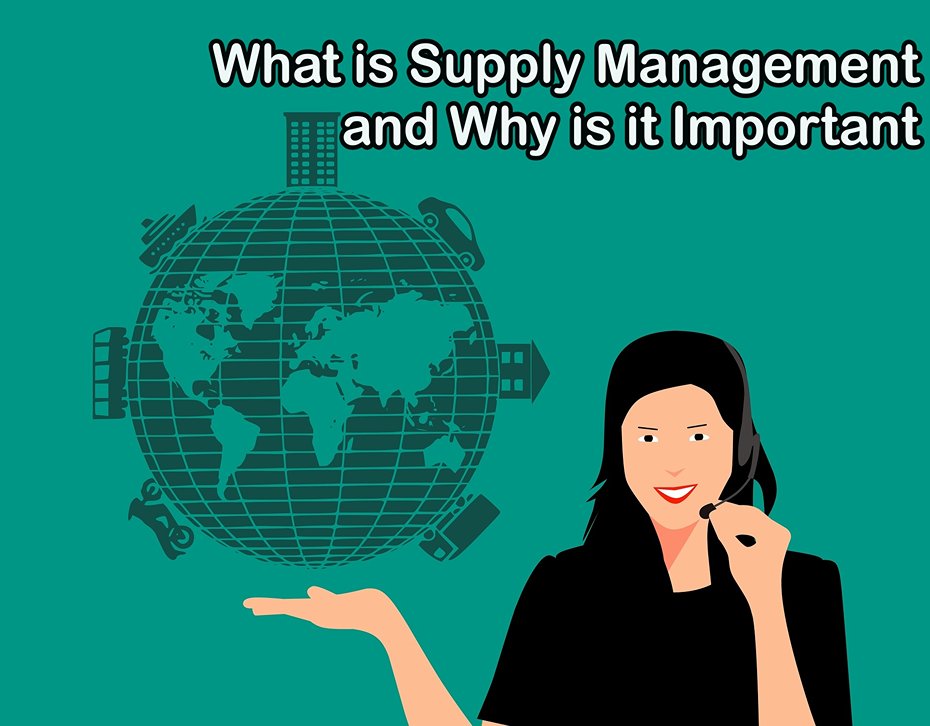Table of Contents
What does it mean when your Eyes Twitches
Eye twitching, also known as eyelid twitching, is a common condition that most people experience at some point in their lives. While it is usually harmless, it can be quite annoying and distracting. In this blog post, we will discuss what eye twitching is, what causes it, and when to seek medical attention. What does it mean when your Eyes Twitches
It can occur in one or both eyes and can last for a few seconds to a few minutes. The twitching may be barely noticeable or can be strong enough to cause the eyelid to close completely. Eye twitching can occur at any time of the day and can happen while you are awake or asleep.
There are several potential causes of eye twitching. When we are under stress, our bodies release a hormone called cortisol, which can cause muscles to twitch. Lack of sleep, fatigue, and caffeine consumption can also trigger eye twitching. In some cases, eye twitching can be a side effect of medication. What does it mean when your Eyes Twitches
Eye twitching can also be a symptom of an underlying medical condition. Conditions such as blepharitis (inflammation of the eyelids), dry eye syndrome, and allergies can cause eye twitching.
However, there are some situations when you should seek medical attention. If your eye twitching lasts for more than a week, or if it is accompanied by other symptoms such as redness, swelling, or discharge from the eye, you should see an eye doctor. If your eye twitching is severe and is interfering with your daily activities, your doctor may recommend treatments such as eye drops or Botox injections to help manage the condition.
To prevent eye twitching, it is important to practice good eye hygiene, get enough sleep, reduce stress and anxiety, and limit caffeine and alcohol consumption. If you work at a computer for long periods of time, make sure to take frequent breaks and adjust the lighting to reduce eye strain.
It can be caused by stress, lack of sleep, and other factors, and can often be managed with simple lifestyle changes. However, if your eye twitching persists or is accompanied by other symptoms, it is important to see a doctor to rule out any underlying medical conditions.
There are other potential causes of eye twitching that are less common but still worth being aware of. These include:
Eyestrain: When we focus our eyes on a particular object or task for an extended period of time, the muscles around our eyes can become fatigued and start to twitch.
Nutritional imbalances: Certain nutrient deficiencies, such as magnesium or potassium, can cause eye twitching. What does it mean when your Eyes Twitches
Eye irritation: If there is something irritating your eye, such as dust or an eyelash, it can cause the eye to twitch.
Neurological disorders: Although rare, eye twitching can be a symptom of more serious neurological disorders such as multiple sclerosis or a brain tumor.
Medications: Certain medications, such as antihistamines, can cause eye twitching as a side effect.
If you experience eye twitching, there are a few things you can do to try and alleviate the symptoms. One of the most effective ways is to reduce stress and anxiety through relaxation techniques such as deep breathing, meditation, or yoga. Getting enough sleep is also crucial for preventing eye twitching, so make sure to aim for at least 7-8 hours of sleep each night.
You can try applying a warm compress to your eye or massaging the area around your eye to help relax the muscles. Avoiding caffeine and alcohol, which can exacerbate eye twitching, may also be helpful.
Eye twitching is not a cause for concern and can be managed with these simple self-care measures. However, if the twitching persists or is accompanied by other symptoms, it is important to seek medical attention to rule out any underlying medical conditions. Your eye doctor can perform an exam to determine the cause of your eye twitching and recommend appropriate treatment if necessary. What does it mean when your Eyes Twitches
How do I stop my eye from twitching?
Eye twitching, also known as eyelid twitching, is usually harmless and goes away on its own, but it can be bothersome and distracting. Here are some tips on how to stop your eye from twitching:
Get more sleep: Lack of sleep is a common cause of eye twitching. Try to get at least 7-8 hours of sleep each night and establish a regular sleep routine.
Reduce stress: Stress and anxiety can trigger eye twitching. Consider practicing relaxation techniques such as deep breathing, meditation, or yoga to help reduce stress levels.
Limit caffeine and alcohol: Caffeine and alcohol can dehydrate the body and make eye twitching worse. Try reducing or eliminating these substances from your diet and see if it helps.
Apply a warm compress: A warm compress can help relax the muscles around your eyes and relieve eye twitching. You can use a warm, damp towel or a heated eye mask.
Massage your eyelids: Gently massaging your eyelids can help relieve tension and reduce eye twitching. Use your fingers to gently rub the affected eyelid in a circular motion for a few minutes.
Use eye drops: Dry eyes can cause eye twitching. Over-the-counter eye drops can help keep your eyes moist and reduce eye twitching. What does it mean when your Eyes Twitches
Consider Botox injections: In severe cases, Botox injections can be used to temporarily paralyze the muscles that cause eye twitching. However, this is usually only recommended when other treatments have failed and the eye twitching is significantly interfering with your daily activities.
If your eye twitching persists or is accompanied by other symptoms such as redness, swelling, or discharge from the eye, you should see an eye doctor. They can perform an exam to determine the underlying cause of your eye twitching and recommend appropriate treatment if necessary.
Does eye twitching mean anything?
Eye twitching, also known as eyelid twitching, is a common and usually harmless condition. In most cases, eye twitching is simply a temporary spasm or twitching of the eyelid muscle and is not a cause for concern. However, in some cases, eye twitching can be a sign of an underlying health condition or lifestyle factor.
Here are some common causes of eye twitching:
Stress: Eye twitching can be a result of stress or anxiety. When we are stressed, our body releases adrenaline, which can cause muscles to twitch.
Lack of sleep: Not getting enough sleep or having poor sleep quality can also lead to eye twitching.
Caffeine or alcohol consumption: Drinking too much caffeine or alcohol can cause eye twitching, as both substances can stimulate the nervous system.
Eye strain: Focusing on a computer screen, reading for extended periods, or driving for long hours can cause eye strain and lead to eye twitching.
Dry eyes: Dry eyes can cause irritation and twitching of the eyelid.
Allergies: Allergies can cause eye irritation and twitching.
Neurological disorders: In rare cases, eye twitching can be a symptom of a neurological disorder such as Bell’s palsy, multiple sclerosis, or Parkinson’s disease. What does it mean when your Eyes Twitches













